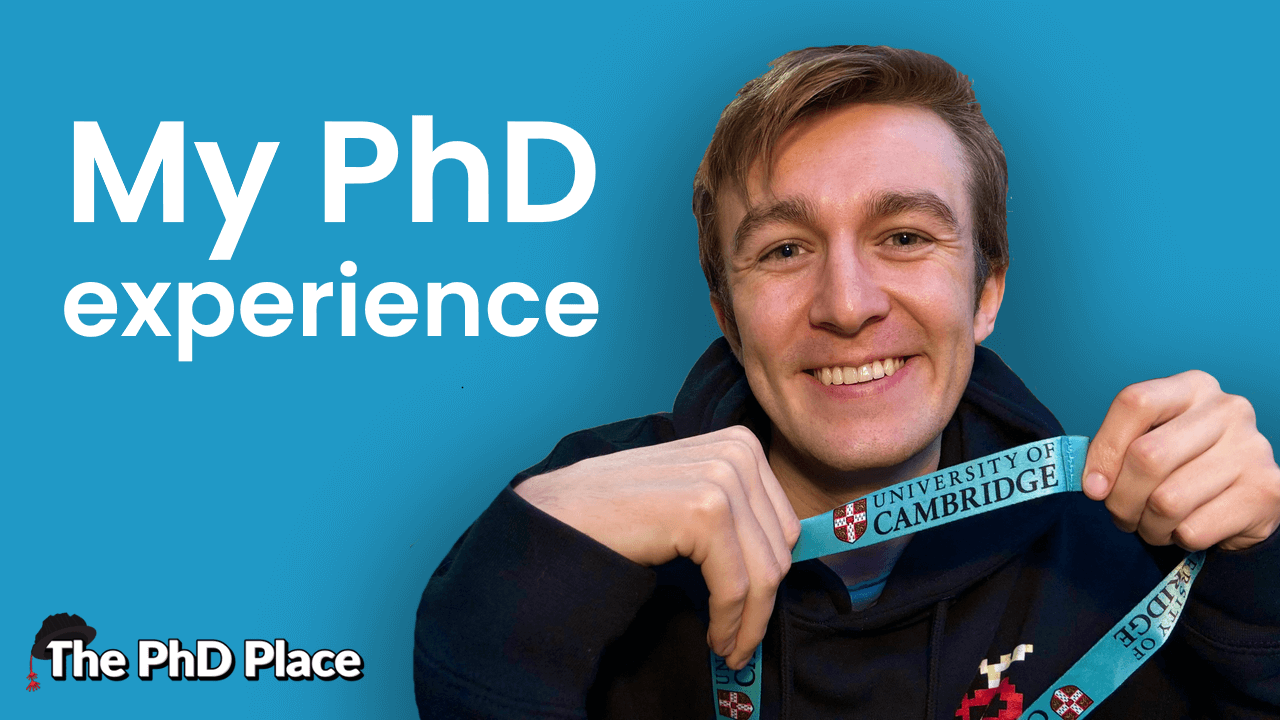Dive into a world of insightful articles, captivating stories, and expert guidance from this institution’s researchers. Explore the latest findings, cutting-edge research, and engaging narratives that contribute to the ever-evolving realm of knowledge.
Featured Academic

In this article, Kristin Hynes describes her experience of comprehensive exams (required by some US universities.) With 5 tips, Kristin shares how other students can be successful in this part of the admissions process.

From the importance of taking breaks, finding a supportive group, to valuing yourself and networking, these tips will help you get through the rough times and make the most of your PhD experience.

Applying to PhD programs can be confusing, and there is little advice about how to go about applying for them. This article offers three top tips for navigating the PhD application process and making yourself a strong applicant.

Meet Cameron, a PhD student from Cambridge University. In this video, he shares his experiences and offers valuable tips to help you make the most of your own academic journey. Join him as he provides insights and guidance for navigating the challenges of pursuing a PhD.

A PhD alone can’t give you all the skills and networks you will need to be competitive in the job market. This article guides you through four important benefits of real-world experience during your PhD, and how you can go about gaining this.

Discover the secret power of blogging for PhD students looking to combat boredom and isolation. Kerry McPherson shares her experience starting a collaborative science communication blog and how it led to networking, expanding her communication skills, learning, and even career opportunities.

Rejection stings. You put months into a paper, edit it until you can’t stand to look at it anymore, hit submit, and then a few

Discover how a PhD student turned to Paperpile to manage the chaos of storing and referencing papers, with the online tool helping them save, sort and access papers with ease.
Be the first to hear about new content, courses, and events. Join our community today!
You’re in! Thanks for signing up. Keep an eye on your inbox for the latest updates, resources, and exclusive offers.